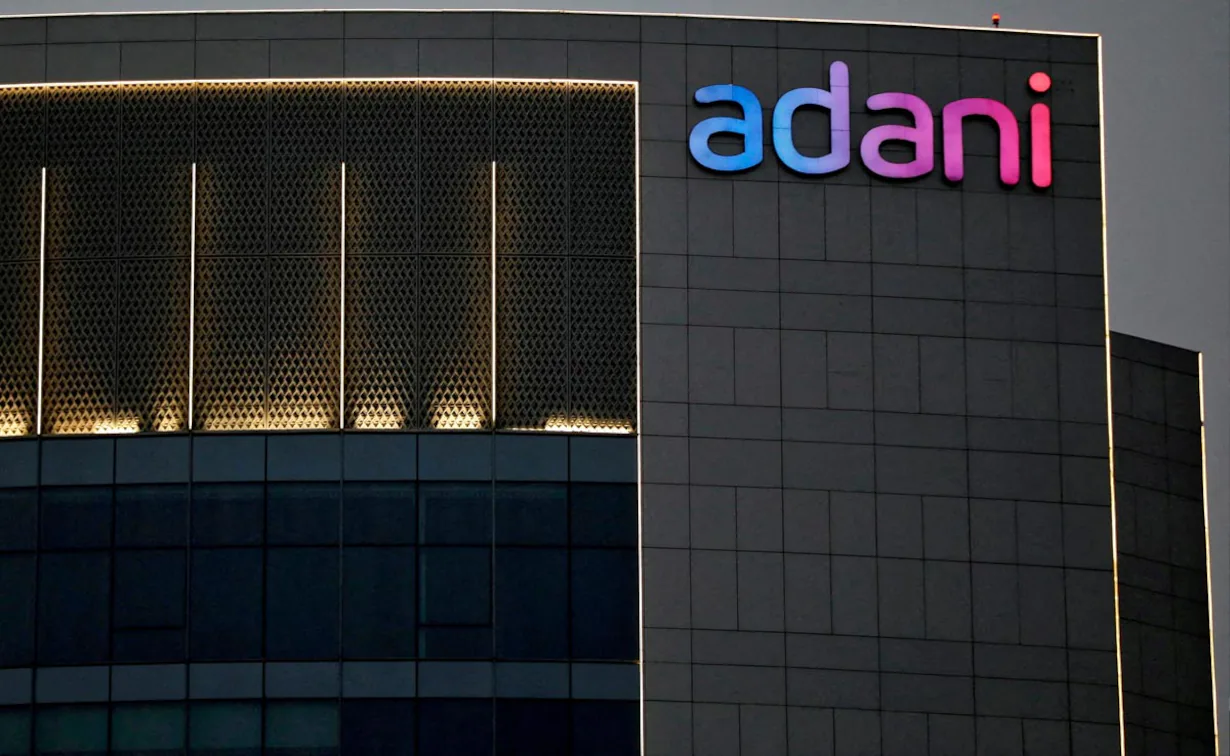
By C-DEP Team
In a major relief to the Adani Group, the Supreme Court bench led by Chief Justice DY Chandrachud today directed the Securities and Exchange Board of India (SEBI) to complete its investigations into the two (out of 24) pending cases per law. The Supreme Court also said that independent reports or newspaper stories cannot be used to start a SEBI investigation. Questioning the credibility of the George Soros-linked OCCRP report and Hindenburg report, the Supreme Court ruled that these cannot be independently verified and so can’t be treated as dependable evidence. The court warned petitioners against filing pleas without adequate research.
The top court decision is counter to a flurry of allegations against the Adani group since January last year, which negatively impacted the market cap of the conglomerate as a result of the bloodbath in India’s stock market a year ago. The judgment made crystal clear that OCCRP cannot be the basis for doubting the capital markets regulator SEBI’s investigation into the Hindenburg case.
The Supreme Court found no merit in allegations of a conflict of interest against members of the court-appointed panel, as highlighted by the petitioner. The Supreme Court delivered the verdict on a batch of petitions seeking a probe into allegations of stock manipulation and other irregularities against the Adani group made by US-based short-seller Hindenburg last year.
The impact of the judgment was seen on the Indian stock market, with Adani stocks rallying up to 10 per cent and the conglomerate’s market capitalisation crossing the ₹ 15 lakh crore mark.
“The Hindenburg report had halted further capital raise of Adani group and crashed its stocks by about USD 120 billion. It impacted the pace at which India was rolling out energy and logistics infrastructure in the country as well as globally. It is now clear from the SEBI investigations that there was no basis for the Hindenburg report, and it appears to be concocted. However, its impact on the Indian economy and jobs has been significant,” says Jaijit Bhattacharya, President, Centre for Digital Economy Policy Research.
The judgment reinforces the power and importance of regulatory bodies like SEBI, whose impartiality and legal stand was questioned by opposition parties and the government’s critics. By not intervening in the investigation by SEBI, the Supreme Court has highlighted the importance of independence and respect for autonomous statutory regulatory bodies like SEBI. In this case, the bench didn’t find any deliberate or intentional violation of the rules and regulations by SEBI to help the Adani Group. The Supreme Court ordered SEBI to complete the pending investigations in three months.
The Supreme Court also upheld the foreign portfolio investors (FPI) regulations alleged to have been used by the Adani group to inflate its stock prices. Dismissing calls of petitioners for SEBI to revoke amendments in FPI and LODR (Listing Obligations and Disclosure Requirements) regulations, the court said that these regulations were free from any flaws.
“The judgment maintains the exclusive domain of specialised regulators like SEBI. It is a settled legal proposition that judicial review is of the decision-making process and not an appeal against the decision. Once a constitutional court is satisfied with the decision-making process, there is no room for the court to supplant the actions of any specialised regulators with its own view,” says Manish Mohan, advocate, Supreme Court.
The top court has instructed the government and SEBI to scrutinise legal violations by the short seller and to take appropriate action in accordance with the law. The court has also advised that the recommendations of the expert committee (which the court had appointed) to strengthen the interests of the Indian investors be taken into consideration.
“It appears that foreign players unleashed a pincer movement between Hindenburg report and OCCRP. One needs to question why the George Soros-backed organisation had a sudden interest in the capital markets of India and their functioning? We need to evolve institutional structures that are able to respond more rapidly to such threats and hit jobs so that our economy stays protected,” adds Mr Bhattacharya.
Loss of reputation can be damaging for a company. It takes years to salvage lost pride and opportunities. In the corporate law parlance, “goodwill” is considered an intangible asset. For a company, if the goodwill is dented, it is a huge setback considering reputational damage, downgraded credit ratings leading to higher cost of capital, and the flight of talent or difficulty in attracting external talent. The impact cannot be quantified.
Today’s judgment has reinforced the resilience of India’s governance framework, the efficacy and impartiality of the country’s market regulators and government departments which are responsible for safeguarding shareholders’ interests and above all a judicial system which has followed the due process of law.
(Bharti Mishra Nath is a senior journalist)
This article first appeared in NDTV, https://www.ndtv.com/opinion/impact-of-supreme-court-backing-sebi-clean-chit-to-adani-4793168